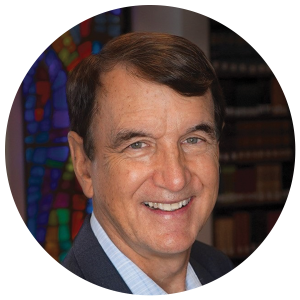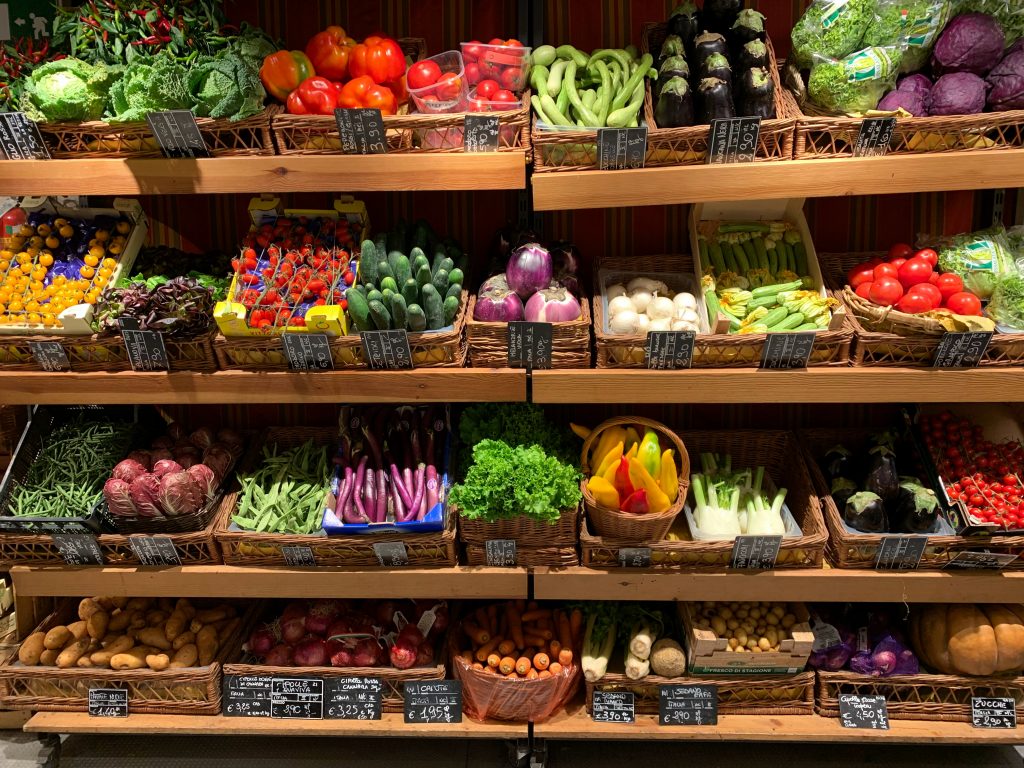


The essence of economics is understanding what brings about cooperation in relationships on the supply side and the demand side of exchange of goods and services. Free market economic behavior is natural because from the beginning of time individuals and families recognized what they were good at producing and then chose to trade that with others who produced additional goods that they needed. Thus commerce, rightly understood, builds communities.
Exchange and trading have always been a natural and godly part of everyday life, based on freedom of choice. It is no surprise that free market economics predates socialist economics by thousands of years. The free-market system is consistent with God’s design for man to live, create, and exchange by free will. The socialist system is contrived and not natural because it requires coercion, violates individual free will, and destroys the human spirit.
One of the many lies of Marxism is that the primary motivation of the capitalist is greed. On the contrary, the capitalist trying to produce and sell a good or service must have an offering that people want. Thus, the capitalist is really in a position of being a servant—that is, being oriented around service to others. A capitalist exchange only happens when both the seller and buyer are satisfied that each is getting good value—and thus, achieve a win-win.
Another lie of Marxism is that centralized economic planning is more rational and equitable than the free market system in the allocation and distribution of capital and resources. The record shows that every centrally planned socialist economy fails in effectively allocating and distributing resources to where they are most needed because planners never have all the right information about quantity, cost, and price at the right time for all market localities. Information changes more rapidly than central planners can keep up with. In contrast, a decentralized free market economic system based on real-time price signals will consistently allocate resources to where they are most needed—which is critical to alleviate shortages.
The capitalist is really in a position of being a servant—that is, being oriented around service to others. A capitalist exchange only happens when both the seller and buyer are satisfied that each is getting good value—and thus, achieve a win-win.
The miracle of the market is that without any coercion or control, diverse human needs are met more effectively and consistently than they are in government socialist systems. Adam Smith, whose classic, The Wealth of Nations, was published in 1776—the same year as the American Declaration of Independence—argued that the wealth of a nation and the interests of society were best served by the “invisible hand” of self-interest in the exchange of goods and services in the market. Describing the capitalist producer, Smith explained this miraculous free market economic outcome this way:
. . . He intends only his own security; and by directing that industry in such a manner as its produce may be of the greatest value, he intends only his own gain, and he is in this, as in many other cases, led by an invisible hand to promote an end which was no part of his intention. Nor is it always the worse for the society that it was no part of it. By pursuing his own interest, he frequently promotes that of the society more effectually than when he really intends to promote it. . .
In addition to his argument that governments cannot meet people’s needs as well as the private market, Smith was an advocate of limited government, specifically stating that it should be “parsimonious,” and provide minimal interference in the economic affairs of society.
To produce and deliver any good, the farmer, manufacturer, or business owner must make a profit. The profit margin can be thought of as the primary means to compensate the party producing and delivering the goods for his or her time in producing that product.
Profit is also essential for measuring the relative success of deploying capital into various products. Improvement and excellence are achieved by trial and error, creativity, and innovation. There is no measure of excellence, success, or failure in business without a measure of profitability.
There is another reason why a competitive free market system is so beneficial—one that Christians can easily understand and appreciate because they know that man’s sinful nature opens the door to corruption. Competition not only drives quality up and prices down, but it also mitigates corruption. Businesses cannot succeed or survive when customer trust is lost.
Free market capitalism is by its very nature a better self-policing system than socialist systems involving government. Experience across diverse cultures show that when business is run by government under a socialist system there is far more opportunity for corruption. In highly socialized economies, there is always a misappropriation of funds so that people in government are enriched when they use their power and influence to help special interests and preferred businesses. Throughout Latin America, Africa, and other underdeveloped countries, it is more the rule than the exception that the pattern of large-scale corruption involves government officials getting rich from various collusion schemes with businesses operating under their authority.
Private property is essential in creating incentives that foster economic growth and development. In contrast, when property is publicly owned, there are no incentives to nurture stewardship and manage resources wisely. Private ownership encourages conservation and the responsible use of property, while public property fosters irresponsibility and waste. When government owns a property, people act as if no one owns it. Thus, with public ownership, which is the core of socialism, neglect and mismanagement invariably follow. The economic stagnation that is characteristic of socialism is a function of the combination of the lack of private property, the misallocation of resources, and the demoralization of labor.
One reason that American exceptionalism is a recurring descriptive theme for the United States is that America has enjoyed the fastest growing economy in world history. Free market capitalism is the most powerful economic system because it is aligned with God’s order. God is the master creator, and just as we are made in his image and likeness, so we, too, are to be creators. Although America has only 4% of the population of the world, its free-market system has produced 96% of the world’s creativity and 25% of the world’s wealth.
In spite of dark clouds that have descended on America in recent years, the future is bright when spiritual revival aligns the people’s heart, soul, vision, and actions with God’s order and purpose.

No spam, stay up to date on new articles, resources and events!
Get notified about new articles from the Institute.